How is China regulating data, blockchain, and the emerging Web3? China’s regulatory approach is based on “cyber sovereignty.” The government actively promotes blockchain technology and has advanced plans for a sovereign digital currency, while also strictly prohibiting crypto mining and trading. With respect to the latest Web3 and metaverse developments, China’s tech companies are working on a “token-less” metaverse ecosystem with unique Chinese characteristics.
Using blockchain and CBDC as examples, we will explore China’s latest innovation policy and the post-20th Party Congress US-China tech race, from AI and semiconductor chips to quantum computing and electric cars. Winston Ma, the author of Blockchain and Web3: Building the Cryptocurrency, Privacy, and Security Foundations of the Metaverse, will discuss these questions with Maria Adele Carrai, co-editor of The China Questions 2 – Critical Insights into US-China Relations.





